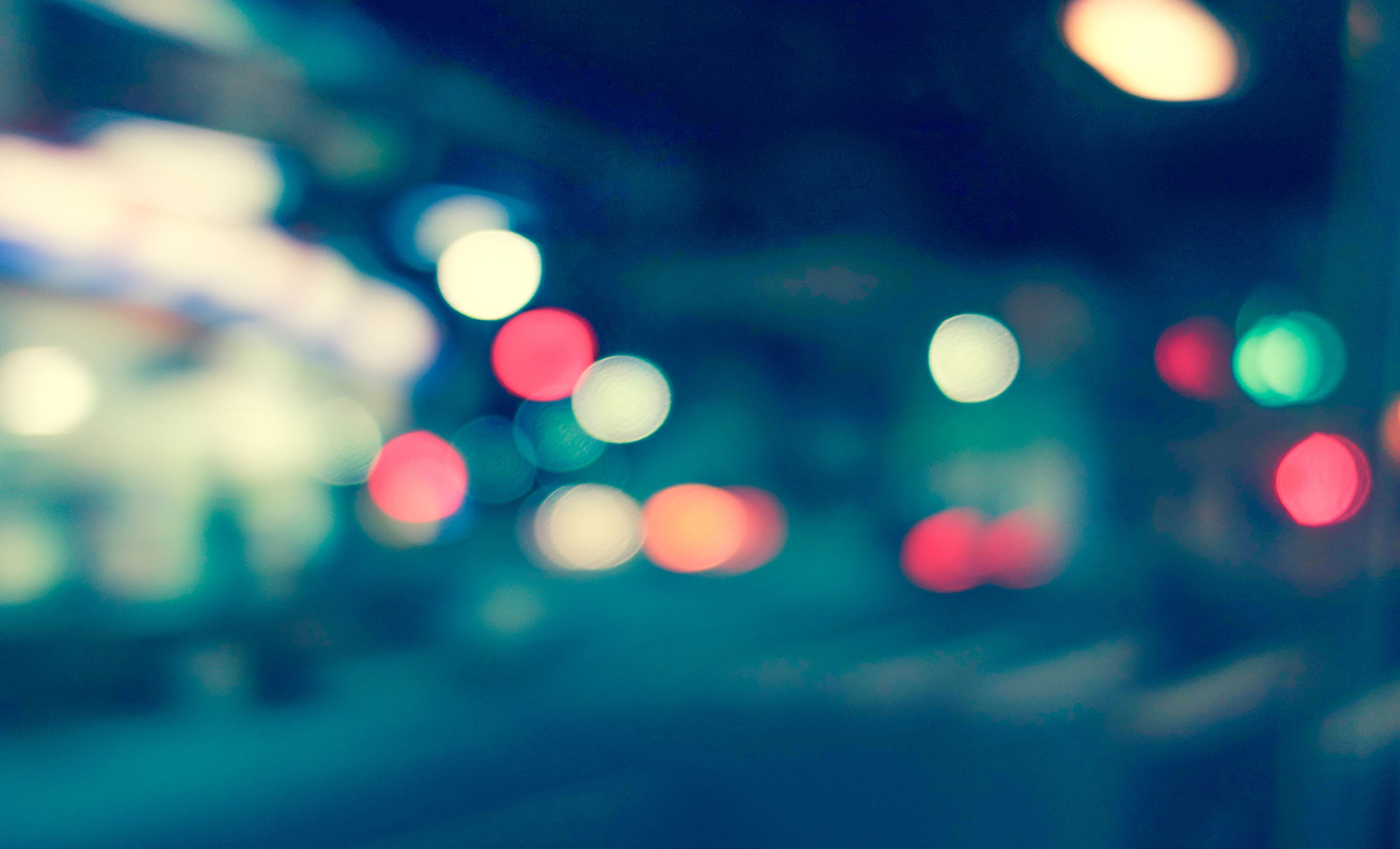Thou Shalt Not Covid Thy Neighbor's Wife
- Becky
- Apr 14, 2020
- 4 min read
Updated: Aug 17, 2020
(clickbait headline doesn't reflect blog - I just thought it was funny)
(this is not a musical post, either)
My parents were WWII veterans.
My father enlisted with the U.S. Navy at the end of 1941. He joined with stars and stripes in his eyes, and didn't tell his mother -- by then a single parent -- about his career choice. He regretted the decision immediately. My grandmother mourned, knowing if her boy came home, he wouldn't be her boy again. For two years he sailed around the South Pacific on a destroyer until they plucked him to go to flight school. He hated the Navy, saying sailors would steal your dirty shorts if you left them on your cot. But he liked flight school -- pilots left your shit alone -- and he nicknamed his friends the "wild, blue yonder flyboys." A loopy lot, he said, but good souls.
About the same time, my mother postponed her college career at her father's insistence. She took a leave of absence from the University of Oklahoma and joined the Women's Army Corp where she represented the family honor by wearing the hideous uniform (note: I wish I had her shirt and skirt). Because she majored in bacteriology, they assigned her the job of taking notes during autopsies. She hated it. Attending medical professionals took pity on her squeamish self, letting her scribble notes in the back of the room as they measured dead body parts.
This is the best story: She refused to wear army boots. Seriously. She insisted upon wearing her own cute little pumps.
Who knows if this is true? The U.S. Army does not tend to indulge sartorial individualists. Shrug. Let's all agree to believe the family mythology. Thank you.
Growing up, I regarded their post-depression frugality on the spectrum of quirky to annoying. Did my mother wring out paper towels, drying them on the counter for potential reuse? Dear God, yes. Did my father attempt to fix everything around the house, sometimes for weeks, rather than throw money at it? Absolutely. Teenagerly, sulkingly, cluelessly-entitled me did not appreciate their creative life hacks. No wars interrupted my world. No bad shit happened in my life. I dreamed of a shiny future that did not include reusing disposable household goods. Part of their shared sensibility was the understanding: bad things happen and we'd better be prepared. My parents lived through depression and war, losing friends, family, fortune. My grandmother died soon after my father stepped off that destroyer. My parents knew it was possible to wake up one morning in a three story home in San Marino, CA -- and in an eye blink, find themselves unemployed, renting a tiny cottage on the Oregon coast, digging clams for supper. They didn't dwell on it, but they created a family mythology that valued ingenuity and caution. Life can turn anyone around and unexpectedly whack you.
And me? I did not dig it, man. Do not harsh my buzz. So parent/child arguments often sounded like this: Me: Can I ride my bike to the mall? Them: But you might get sold to slavery. Me: (rolling eyes) NOTHING is going to happen. Them: No. After raising spirited children and enduring life events (a world that brought joy and, sometimes, the equivalent of rabid, crack-addled grizzly bear to chomp on my heart), I grew to appreciate my parents' ways. I don't wring out paper towels, but I won't tolerate food waste. A baked chicken can last for days in this house (ask me how!). I refinish old furniture. They were right: Awful, horrifying, heartbreaking shit happens. I wish they could be here to talk about this SIP world, to commiserate, to underscore our shared philosophy, to be my parents. You've no idea how much I wish I could tell them: you were right... and I won't ride my bike to the mall.
I think about them all the time, and especially recently. Our American situation might not surprise them, because signs pointed the way and hubris kept us from addressing them. They would have worried about a pandemic, trust me. Always prepared for the worst, my parents could have foreseen the system breaking into pieces - and they would have (perhaps in vain) prepared for it. They loved our country, mostly, but grew increasingly aghast at our culture, which became more monetized and less about creating a social construct that supports everybody -- not just those who sail to the top of the corporate food chain.
(Disclaimer: they were survivors who benefited from social programs that gave them opportunities during difficult years. As they grew older and more prosperous, they distrusted the system that, in their minds, only benefited nefarious types who took advantage of safety nets. I never understood their distrust of people in need. They, at one time, were those people. Does acquired wealth do this to people?)
Sometimes, the people you love mystify you - even after they're gone.
Today I wonder what's before us: this economic, medical, spiritual, ethical upheaval where we must think carefully about who we are as a nation, as global partners, as people living together.
It is our generation's WWIII, but without the destroyers and the cute little pumps.






Comments